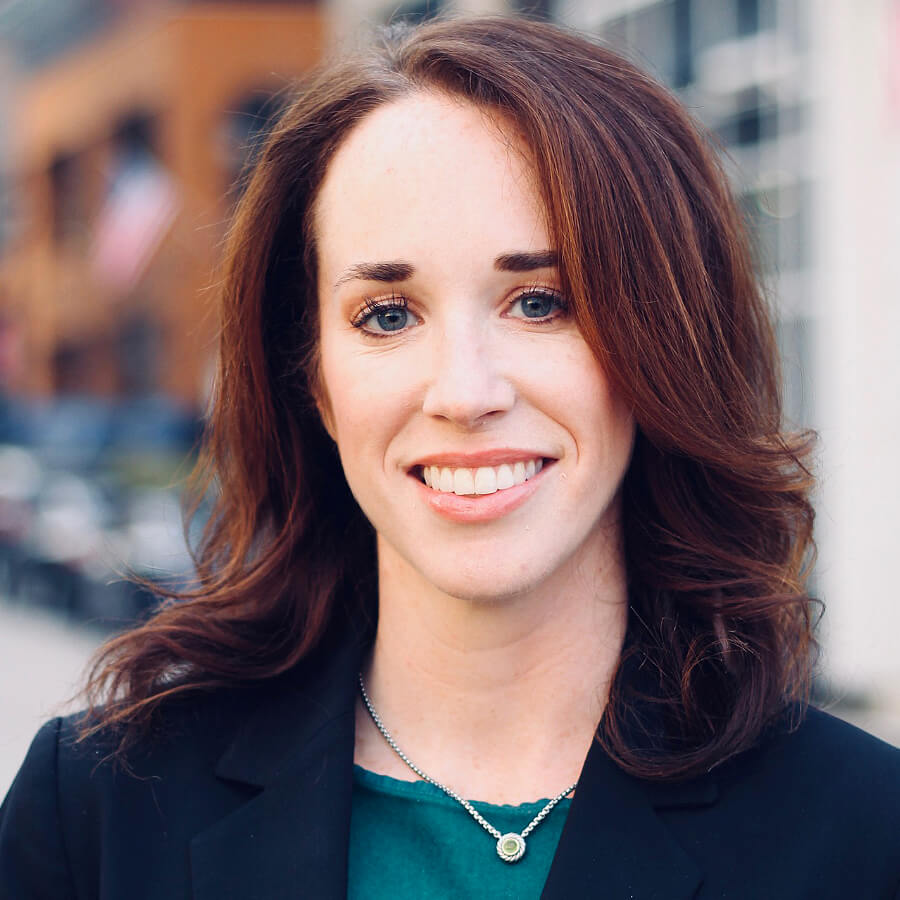The CBD Association is working hard for you both in the U.S. and internationally. Here are some recent developments:
U.S. Lack of Analytical Testing Regulations and Enforcement Leads to “Lab Shopping”
The lack of regulation regarding analytical testing of cannabis has led to a common practice in the industry referred to as “lab shopping.” When “lab shopping,” producers and manufacturers may choose labs that might inflate or deflate analytics to meet certain needs. Similar to the proliferation of the cannabis black market, a lack of regulation and enforcement in analytics has created an unfair advantage for labs willing to manipulate test results. Essentially, the labs adhering to the regulations, and their own scientific ethics are being undercut by those who don’t.
The three main issues common to the cannabis testing industry are potency inflation, manipulation of detect/non-detect limits for pesticides, and adherence to sampling regulations required by certain state regulatory bodies.
Cultivators who are receiving accurate certificates of analysis can’t compete with those who are having their numbers inflated. Since manufacturers, dispensaries, and consumers are still purchasing products based on potency results, cultivators with genuine potency numbers will have to sell their flowers at a much cheaper price compared to the inflated potency results of other producers.
Perhaps the bigger issue here is the lack of resources government agencies, where they exist, have to oversee and address the problems at hand. State regulators have been assigned the task of regulating the cannabis market, including testing labs, but a report released by the California Department of Finance revealed that, among other difficulties, “the current status and location of personnel is not sustainable to provide effective and comprehensive oversight of cannabis activities throughout California.” This is directly due to funding issues and difficulties in hiring and training staff.
FDA’s New Guidance Paves an Easier Path for CBD-Based Medicines
The Food and Drug Administration (FDA) is releasing new draft guidelines that are meant to streamline approvals for generic oral CBD medications. The FDA is soliciting public feedback on its guidance to researchers who are interested in submitting abbreviated new drug applications (ANDAs) for CBD solutions.
To expedite the approval process, FDA said applicants can request a waiver of an in vivo bioequivalence study if they meet certain requirements. If accepted, if a drug company wants to produce generic versions of that 100 mg/mL cannabidiol solution, they could follow specific rules to skip the in vivo bioequivalence study step if the draft guidance is finalized. The drug would have to be derived from Cannabis sativa L, contain no more than 0.1 percent THC, and have “no inactive ingredient or other change in formulation from the [reference listed drug] that may significantly affect systemic availability.”
Researchers must use “appropriate analytical methods” such as macroscopic or microscopic analysis or DNA bar-coding methods to determine that the solution is being made from cannabis Sativa. The public comment period is open until November 23, 2020.
FDA to Hold Public Meeting on the Effects of Cannabis on Sex and Gender
The Food and Drug Administration (FDA) be hosting a public meeting on November 19, 2020, to discuss gender and sex differences in the effects of CBD and other cannabinoids.
The FDA’s Office of Women’s Health will host the event to explore the science of these cannabinoids in the context of gender and sex. “Conditions for which CBD is often marketed, such as chronic pain, anxiety, depression, and sleep disturbances, are more prevalent in women than men. Therefore, consideration of issues pertaining to the safety of CBD products may be particularly important to address in women.”
“Presentations will address patient and healthcare provider perspectives on CBD and other cannabinoid use, sex differences in the effects of CBD and other cannabinoids, use of CBD and other cannabinoids in pregnancy, and government agency perspectives on CBD research and evaluation.”
The meeting will take place on November 19. People who are interested in attending must register online by November 16.
California Banking Law Opens Doors for Cannabis Industry
A new law in California provides security and safe harbor for banking institutions doing business with cannabis companies. Effective September 29, 2020, “This bill provide(s) that an entity, as defined, that receives deposits, extends credit, conducts fund transfers, transports cash or financial instruments, or provides other financial services, including public accounting, as provided, does not commit a crime under any California law solely by virtue of the fact that the person receiving the benefit of any of those services engages in commercial cannabis activity as a licensee.”
Essentially, the law states that financial services and banking institutions are not acting criminally when engaging with a licensed cannabis business. By the business’s valid license, that business is operating legally within the state of California. This clears up a fundamental issue that persists in the age of federal prohibition.
To verify the legality of the relationship between the financial institution and business, California cannabis businesses may request that the state licensing authorities share information with the banking institution in question.
Due to the Financial Crimes Enforcement Network (FinCEN) guidelines issued in 2014, banking institutions have had regulations that complicate access to a cannabis business’s license information. Until now, it has been overly difficult to ascertain and prove whether a cannabis business is what its owners say it is, so banks have largely stayed on the sidelines of this issue.
The language in A.B. 1525 permit state regulators to share information between the agencies upon request, removing the obstacle and allowing for a greater degree of security for financial institutions.


